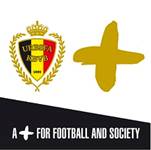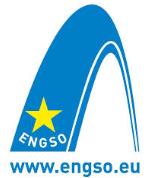What is ALL IN?
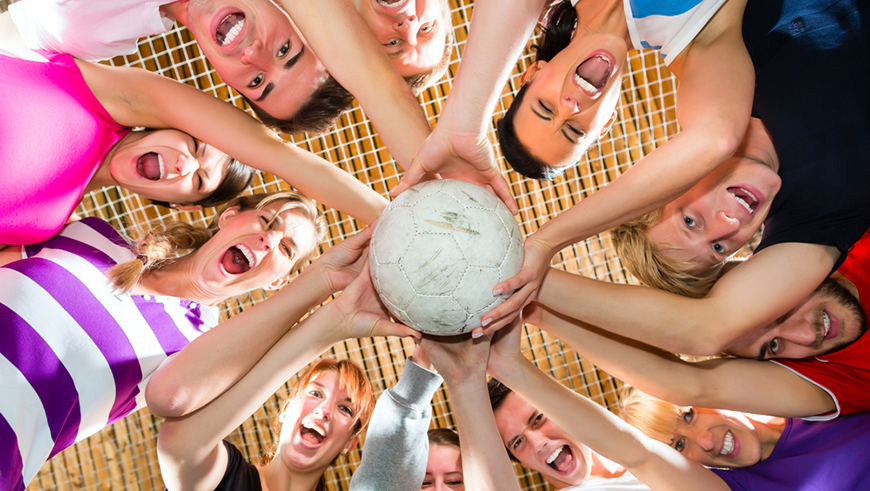
Background
Under-representation of women and girls in the world of sport
Despite the positive developments in recent decades and the fact that a formal equality does exist in most European countries, gender inequalities still persist in many aspects of the sport world, from doing sport, to coaching or administration, media representation, and at all levels – in grassroots sport as well as in elite sport. Progress remains slow and fragmented in this area.
Normative framework of the Council of Europe and the European Union addressing gender inequalities in sport
For the Council of Europe, a gender mainstreaming approach, as well as positive measures to address the many gender gaps in the field of sport, are all necessary in order to achieve de facto equality between women and men, both in sport and through sport. In January 2015, the Committee of Ministers adopted a recommendation on gender mainstreaming in sport, which calls on member states to review their legislation in order to incorporate a gender mainstreaming strategy into public sport and physical education policies and programmes.
By adopting the gender mainstreaming approach, public authorities related to sport as well as sport governing bodies are committed to developing and implementing policies and strategies supported by concrete and positive measures at national, regional and local levels.
Equality between women and men is also one of the fundamental objectives of the European Union (EU). The conclusions on gender equality in sport of the Council of the EU (2014) as well as the “Gender Equality in Sport, Proposal for Strategic Actions 2014-2020” document of the European Commission are fully in line with the normative framework of the Council of Europe. The 2014-2020 Strategic Actions document is a call for renewed political attention on gender equality in sport, and encourages sport governing bodies to develop and implement national and international strategies in four priority areas:
- equal representation and gender sensitivity in decision making;
- equal representation and gender equality in coaching and teaching in sport;
- the fight against gender violence in sport and the role of sport in preventing gender violence;
- the fight against negative gender stereotypes in sport and the promotion of positive role models and the role of media in this perspective.
European Commission, “Gender Equality in Sport, Proposal for Strategic Actions 2014-2020”
Council of the European Union, Conclusions on gender equality in sport
Other resources and guidelines on gender equality in sport
European Institute for Gender Equality, Gender in sport, 2017
International Olympic Committee, IOC Gender Equality Review Project, 2018
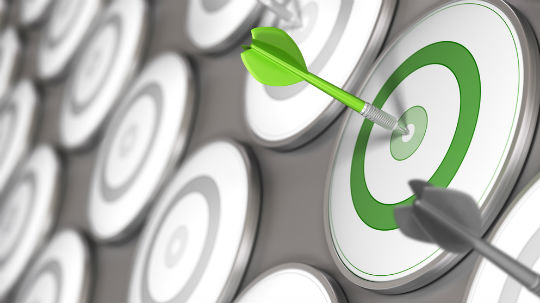
Objectives
ALL IN builds upon the main achievements and lessons learnt from the European Union and Council of Europe “Balance in sport. Tools to implement gender equality” joint project, run in 2016
Its aims are to:
- Extend and standardise the data collection based on the set of commonly agreed “basic” gender equality indicators (in the fields of leadership, coaching, participation, gender-based violence and media/communication)
- to have a more comprehensive and conclusive mapping of persisting challenges and to monitor the progress of gender mainstreaming in sport on a regular basis
- to continue to increase awareness on this issue
- to allow for comparisons between countries and between sports
- to support the development of evidence-based policies, and to better compare, co-ordinate and manage actions, policies and programmes to advance towards gender equality in sport
- Develop concrete capacity-building and awareness-raising materials and activities
- to support public authorities and sports organisations when designing their actions to tackle gender inequalities in sport, and to adopt a gender mainstreaming strategy into their policies and programmes
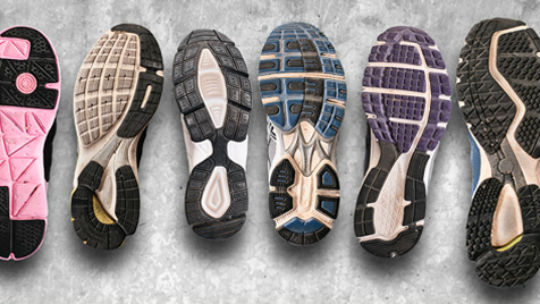
Expected achievements
The targeted outcome of the project is to lay important groundwork to improve gender equality in sport by:
- Mapping the participation of women and men in the world of sport across Europe and taking stock of the policies, measures and actions implemented by public authorities and sports organisations, by using generally agreed indicators and a uniform methodology. A database on gender equality in sport in leadership, coaching, participation, media/communication and gender-based violence will be drawn up and made available to the general public;
- Designing and promoting concrete tools to raise awareness and to develop capacities on gender equality and gender mainstreaming in sport, namely:
- a training kit on gender mainstreaming in sport
- awareness-raising materials on gender equality in leadership roles
- Regional training seminars dedicated to public authorities responsible for sport and to national Olympic committees/national sport confederations of partner countries;
- an online library containing practices and resources on gender equality in sport, along with tips and advice on how to develop policies, strategies and actions in the different fields covered by the project.
- Offering a way for sports organisations and public authorities to assess their situation on gender equality in sport in the different strategic fields of the project, and to have tips and examples of promising practices at their disposal when developing policies and actions.
 PROJECT PROCESS
PROJECT PROCESS
STEP 12018 |
Preparation of the data collection campaign and development of materials (awareness-raising and capacity building resources) |
STEP 21st quarter 2019 |
Training seminars arranged on a regional basis (Northern Europe, Southern Europe and Eastern Europe), dedicated to public authorities responsible for sport and national Olympic committees or national sport confederations of the partner countries |
STEP 31st & 2nd quarters 2019 |
Data collection campaign in the 19 partner countries |
STEP 43rd quarter 2019 |
Analysis, reporting and publication of the data |
 PARTNERS
PARTNERS
The Enlarged Partial Agreement on Sport of the Council of Europe is responsible for the implementation of the ALL IN project. A total of 19 countries have expressed an interest in taking an active role in the project and have confirmed their readiness to participate in the data collection campaign.
The ALL IN project will be run in close collaboration with important partners from public authorities, sports organisations, non-governmental organisations (NGOs) and networks, and gender equality experts, who will all provide their expertise. They will be involved in various stages of the project and its activities.
Partners countries
Sport organisations and NGOs
Researchers/Academics
EU agencies
Council of Europe's Unit
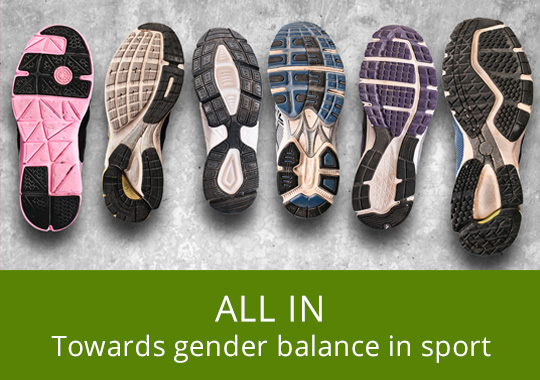
Objective
“Balance in sport. Tools to implement gender equality” was the 1st European Union and Council of Europe’s joint initiative in the field of gender equality in sport, run in 2016
Its aim was to identify and test generally agreed gender equality indicators which allow for a uniform approach when collecting relevant data and mapping the situation of women’s participation in the sport world in Europe.
The ALL IN project builds upon the main outcomes and lessons learnt from this pilot initiative.
Results
A pilot data collection campaign was run, involving 4 European countries: Finland, France, Romania and Spain
Results (available soon)
Some capacity-building materials and activities were developed
A pilot training seminar on gender equality and gender mainstreaming in sport
Video on gender equality in sport, with facts and figures and interviews, created within the framework of the EU and COE joint project “Balance in sport” (2016)







 Belgium
Belgium 











